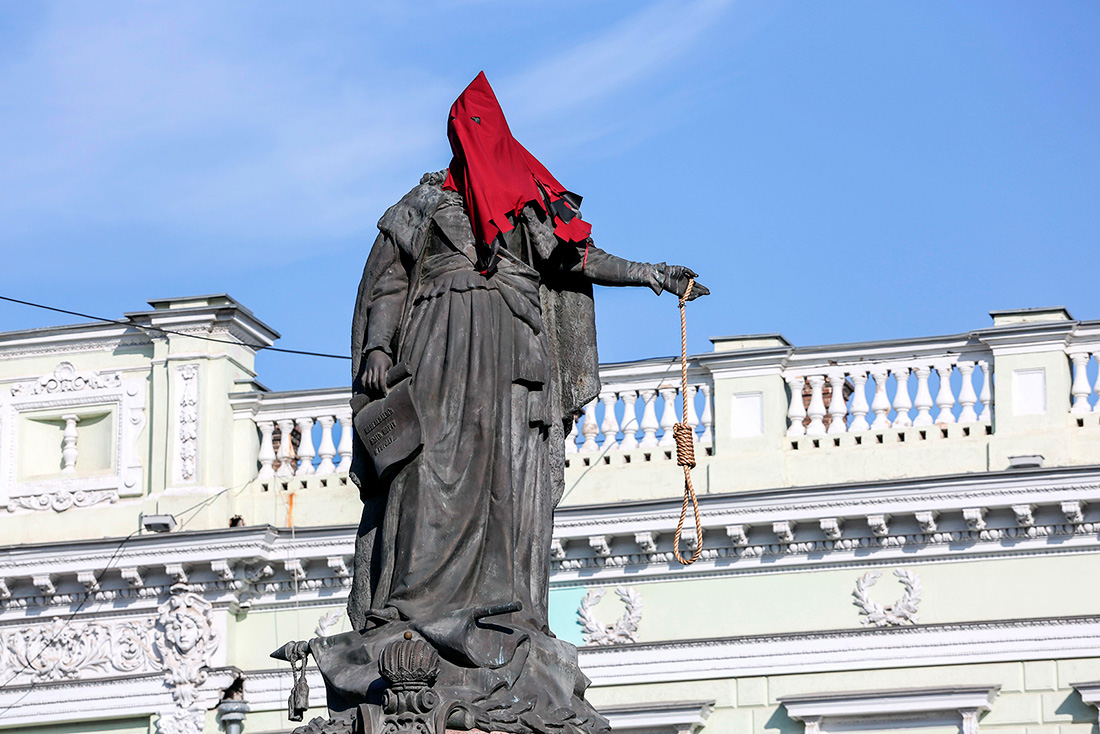The revival of colonialism? Memory politics, arts and activism

What is the relevance of doing research in colonialism today? This seminar shows that despite the temporal distance, colonialism is a surprisingly actual topic. It brings together scholars that approach this question from different points of view, academic disciplines, and in various European contexts. It is common to all these approaches that they deal with the role of cultural memory and deep past as ways of thinking about past colonialism, as a way of analyzing present debates about the way how these forgotten pasts challenge fixed national identities, and as a means of understanding why these colonial pasts reemerge and how they function as a pretext for renew colonial endeavours.
It is one of the core tasks of this seminar to show that postcolonialism is not limited to overseas empires but took place and continues to take place within the Nordic and Eastern European areas. Secondly, it will show how colonialism keeps haunting present societies, not only stirring “writing back” by the colonized but also forcing the former colonizers to rearrange their collective memories.
Besides presenting how these discussions are dealt with in literary writings, the seminar offers investigations of the deep past of Aboriginal colonialism as presented in public artworks by Indigenous artists, discussions about the assemblage of ‘items’, objects and scripts including items of social, cultural and spiritual importance that where translocated from Greenland, and Iceland to Denmark and from Namibia to Germany. The question if the former colonizers have the right to keep or – as is the case in Germany – even exhibit these objects as part of an ethnologic collection fuels ongoing debates, showing that processes of reconciliation and restitution in the Scandinavian and German context are by far not resolved. Furthermore, the conference presents the case of Italy, in which the issue of colonialism only recently has come to the fore and, finally, the case of colonialism in Eastern Europe showing that Ukrainians' previous experiences of colonialism and postcolonialism presently are revived in the new attempt of Russia to conquer Ukraine.
Programme
| 09:45 | Welcome | |
| 10:00 | Rosanne Kennedy, Australian National University | Decolonizing Public Memory: Imagining the Deep Past Through the Arts |
| 10:45 | Rósa María Hjörvar, University of Iceland | An island empire – Icelandic Postcoloniality and the Politics of Memory Discussant: Jessica Ortner |
| 11:30 | Coffee | |
| 12:00 | Astrid Nonbo Andersen, DIIS | Historical Justice, Reconciliation, and Restitution in Scandinavia |
| 12:30 | Magdalena Zolkos, University of Jyväskylä | Learning to Remember Together: Postcolonial Restitution of Objects and Remembrance In-Common. Discussant: TBA |
| 13:15 | Lunch | |
| 14:15 | Yuliya Yurchuk, Södertörn University | Decolonizing and Gendering of Memory in Ukraine: reflections on the Culture of Violence in the Times of War |
| 14:45 | Anne Folke Henningsen, University of Copenhagen | Postcolonial memory activism in Berlin – from grassroots to senate Discussant: Tea Sindbæk Andersen |
| 15:30 | Coffee and cake | |
| 16:00 | Jessica Ortner, University of Copenhagen | German colonialism: mnemonic and literary perspectives |
| 16:30 | Pia Schwarz Lausten, University of Copenhagen | Postcolonial Ekphrasis. Memories of Italian Colonialism in Igiaba Scego’s Work Discussant: Kirsten Thisted |
| 17:15 | Concluding remarks | |
| 19:00 | Conference dinner |
Map of South Campus
View directions.
View on map of the Faculty of Humanities - South Campus.
View map of South Campus (pdf).
